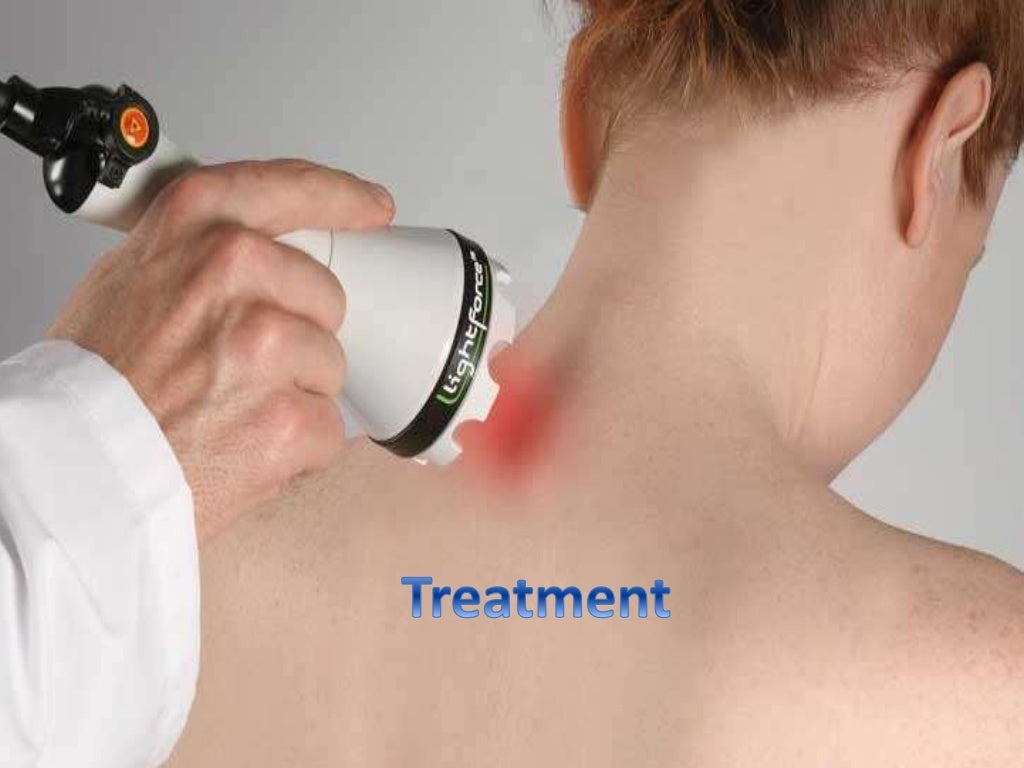Lumbar radiculopathy, commonly referred to as sciatica, is a condition that can cause intense pain and discomfort due to the compression of nerve roots in your lower back. If left untreated, it can lead to chronic pain and disability. Therefore, understanding when you should seek medical attention for lumbar radiculopathy is essential for avoiding long-term problems. Here’s what you need to know about sciatica and radiculopathy treatment in NJ.
What Is Lumbar Radiculopathy?
Lumbar radiculopathy is a type of nerve damage caused by compression at or near the spine’s nerve root. This condition often affects one side of the body and may lead to shooting pain in the lower back, buttocks, and legs. Other common symptoms include tingling sensations, muscle weakness around the affected area, and numbness or lack of sensation around the affected area.

When To Seek Medical Attention For Lumbar Radiculopathy?
If you experience any symptoms associated with lumbar radiculopathy, it’s important to visit your doctor as soon as possible for an accurate diagnosis and treatment plan. If your symptoms are mild or intermittent, some lifestyle modifications such as rest or ice/heat therapy may help reduce your discomfort; however if they persist after two weeks it’s time to seek medical attention. Ignoring lumbar radiculopathy could lead to further complications such as permanent nerve damage or chronic pain syndrome.
Symptoms Of Lumbar Radiculpathy
The most common signs of lumbar radiculopathy include localized sharp pain radiating down the leg that worsens with coughing or sneezing; weakness in one side of your legs; numbness or decreased sensation on one side of your leg; difficulty performing certain movements; tingling sensations in the affected area; swelling near the affected area; muscle spasms near where nerves have been compressed; changes in bowel habits including constipation or incontinence; fatigue due to loss of sleep caused by pain.
Diagnosis And Treatment Options For Lumber Radiculopathy
Your doctor will carry out a physical examination, asking questions about your symptoms and noting areas of tenderness to pressure. Imaging tests such as X-rays, MRIs or CT scans may also be done, depending on the severity of your symptoms. Based on these results and other factors such as age/activity level, etc, Treatment options will be discussed between the patient and the doctor and may include medication such as steroids/anti-inflammatory drugs/muscle relaxants; physiotherapy exercises such as stretches/strengthening exercises tailored to the individual case etc. Injections such as epidural steroid injections directly into the affected area under fluoroscopic guidance (this procedure has a higher success rate); alternative treatments such as acupuncture/massage therapy/chiropractic etc; surgery if all other non-invasive treatments have failed, i.e. direct compression of the spinal cord itself causing worsening of symptoms despite conservative management approaches over an extended period of time (depending on severity).
When is surgery recommended to treat radiculopathy?
It is only considered when all other non-invasive treatments have failed, i.e. when there is direct compression of the spinal cord itself causing worsening symptoms despite conservative management approaches over an extended period of time (depending on severity). Surgery involves the removal of any bone fragments that are impinging on the nerves, thereby relieving the pressure on the nerves and allowing them to function without obstruction, thus relieving any accompanying pain caused by the pinched nerve(s). Depending on the severity this procedure involves either a minimally invasive approach where small portion(s) are removed using a tube inserted through a small incision made surgically OR a full open surgery requiring a larger incision depending on the complexity level determined through examinations & consultations done before making decision whether surgery is best option available given particular individual case scenario presented OR not!

Conclusion
It’s important not to ignore any signs or symptoms associated with lumbar radicular pain as ignoring them could lead to permanent nerve damage or chronic pain syndromes. See your doctor immediately if you experience any kind of persistent discomfort related to this condition, so that appropriate measures can be taken before irreparable damage occurs! Sciatica and radiculopathy treatment in NJ can help alleviate many problems associated with this disorder, but seeking timely medical assistance remains a key component in ensuring an overall successful outcome!


